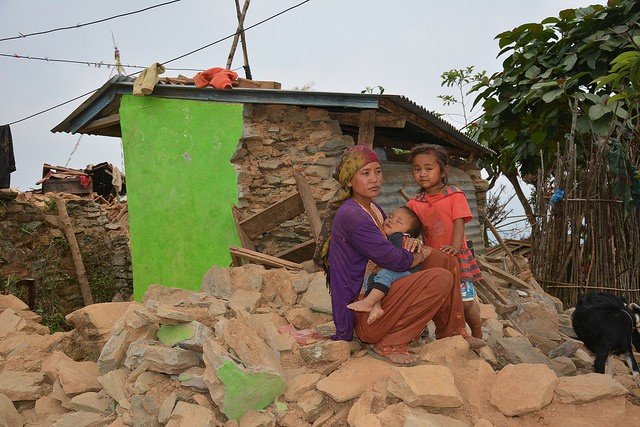
Nepali government must urgently address constitutional grievances before winter brings catastrophe, says MRG
The government of Nepal must urgently address concerns about the new constitution, which fails to adequately protect the rights of minorities and indigenous peoples, or face a devastating humanitarian crisis as winter looms, Minority Rights Group International (MRG) said today.
Nepal is currently stuck in a political deadlock following months of protests over the approval of a controversial constitution that some minorities and indigenous people say sidelines their rights. Ethnic Madhesis have staged a blockade of key border points in southern Nepal since September, preventing essential goods and fuel from reaching the landlocked country, causing the price of rice and cooking oil to skyrocket.
The Indian government has been accused of aggravating the situation by imposing a de facto border trade embargo on Nepal in an apparent display of support for the Madhesis.
‘The Nepali government needs to put petty politics aside, address the grievances of the Madhesi community and indigenous peoples, and work with the Indian government to resolve the escalating humanitarian crisis before it’s too late,’ says Carl Söderbergh, MRG’s Director of Policy and Communications.
Many Dalit labourers have found themselves out of work as a result of the blockade because construction projects have been suspended. Minorities and indigenous communities living in remote earthquake affected areas are facing severe shortages of food and medicine.
‘The ongoing blockade has choked access to vital humanitarian supplies at a time when Nepal’s people are already suffering from the crippling effects of a devastating earthquake,’ adds Söderbergh. ‘As winter descends on Nepal, the country is now facing a catastrophe of epic proportions, with minorities, lower-caste groups and remote indigenous communities being struck the hardest.’
Nepal has struggled to approve a new constitution since 2006, when the country’s ILO / Shukuko Koyama